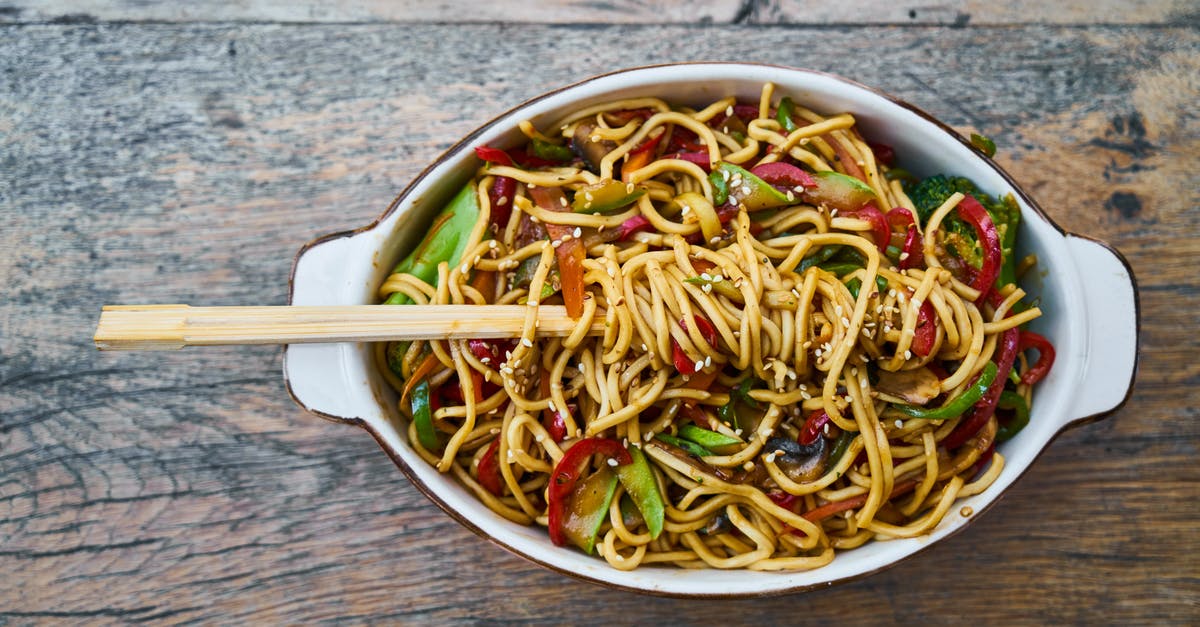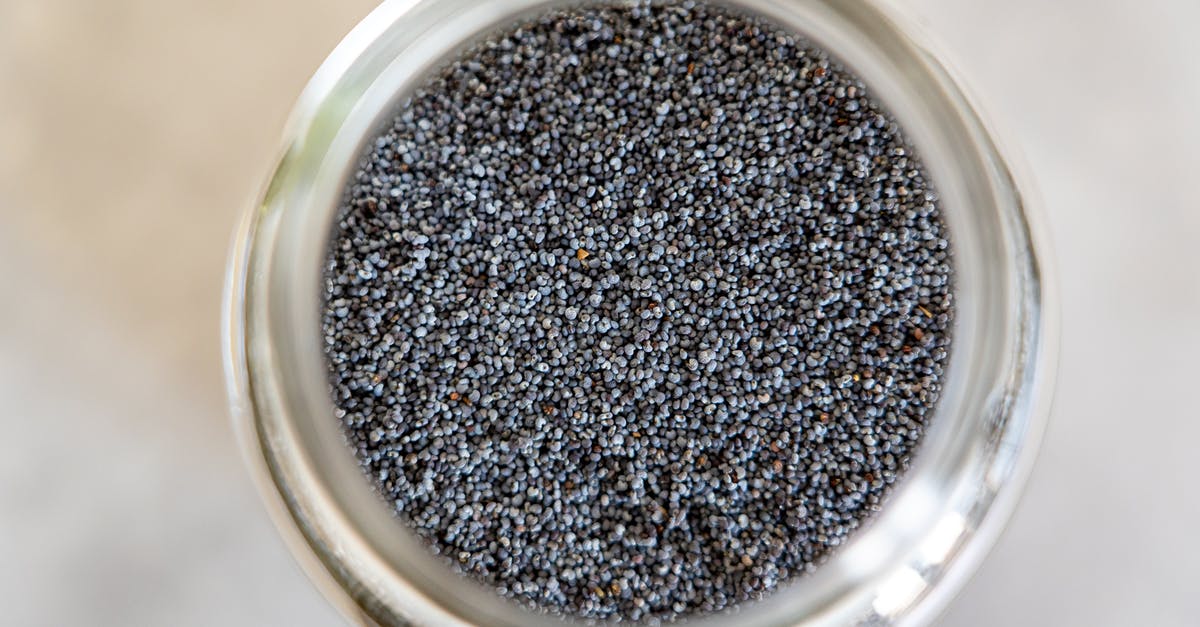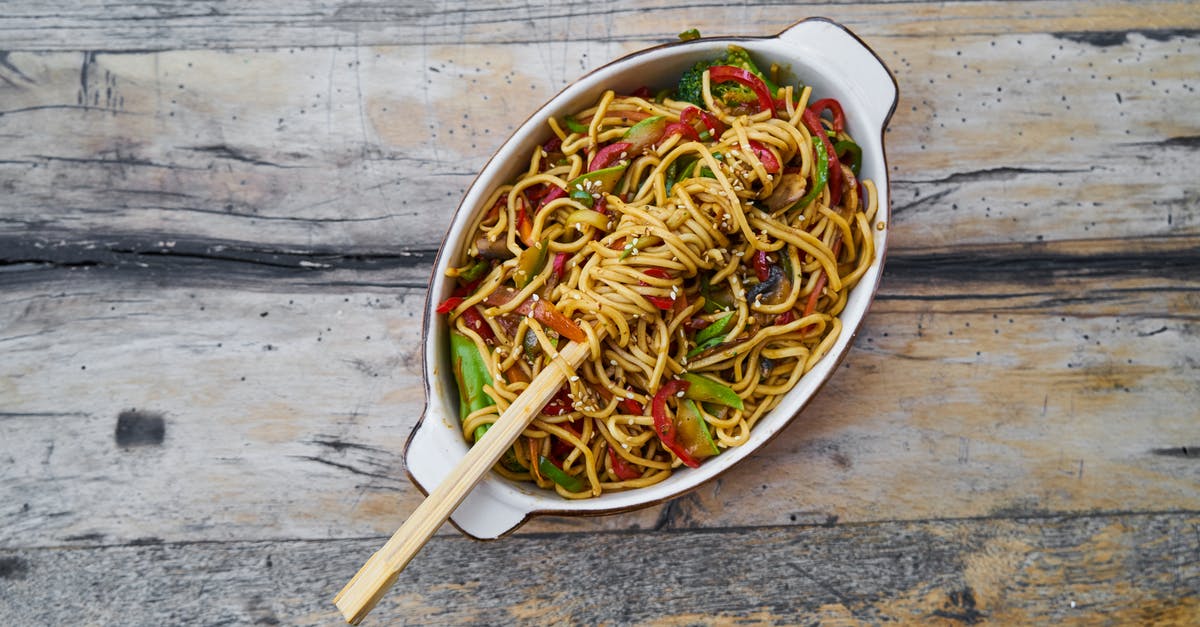Does microwaving destroy nutrients in food?

After answering this article, I did some research on microwaving killing vitamins and nutrients in food.
I very quickly learned that this is a touchy subject, even among nutritionists, and nobody (at least, nobody I saw) seems to have a "this is the science behind it and here is a definite answer" answer. Some articles claim "there is no hard evidence" while others point to studies from Stanford and other respected institutions that back the "yes" answer.
Some quick articles with conflicting information, if you're only going to read one please read the first and last as they seem the most reputable to me:
- The Straight Dope: Scientists are not sure yet, but it's likely in some cases
- Microwaving can be like boiling, which kills nutrients
- Microwaving is the best way of cooking for preserving nutrients
- Microwaving hurts broccoli, but is good for potatoes
- Harvard: Microwaving may preserve nutrients, like Vitamin C
As an interesting note, the "use less water" idea, which most of us take as common sense when cooking vegetables, may also be under scrutiny. From the Harvard article above:
But this is nutrition, and nothing in nutrition is simple. Italian researchers published results in 2008 of an experiment comparing three cooking methods — boiling, steaming, and frying — and the effect they had on the nutritional content of broccoli, carrots, and zucchini. Boiling carrots actually increased their carotenoid content, while steaming and frying reduced it. Carotenoids are compounds like lutein, which may be good for the eyes, and beta carotene. One possible explanation is that it takes longer for vegetables to get tender when they’re steamed, so the extra cooking time results in more degradation of some nutrients and longer exposure to oxygen and light.
So, my questions are: Is microwaving known to kill nutrients in foods? Is there a way to minimize this effect? Can any nutritionists weigh in here with their experience, and ideally, the science behind their answers? This has been a very confusing research path full of conflicting information, so all answers are appreciated.
Best Answer
Anything that breaks down due to heat is going to break down no matter HOW you cook it. Boiling only "destroys" nutrients by leaching them away into the water, which is the same reason that other people say that steaming/microwaving is better.
Thiamine, for example, is highly water soluble, so boiling is out. But it also breaks down at 100C, so you can't really cook it either. Niacin, on the other hand, leeches into water, but it's not heat-sensitive, so you can cook the hell out of it, as long as you don't get it wet. Folate is so fragile you can't leave your leafy greens in the sun without it breaking down (common with acids).
Basically, almost everything is better uncooked, but a lot of things are impossible to eat if you don't cook them enough to break down the cellulose. So eat a balanced diet, and stop worrying about the microwave.
Pictures about "Does microwaving destroy nutrients in food?"



More answers regarding does microwaving destroy nutrients in food?
Answer 2
Without answering the question I would like to make a brief digression into physics:
Microwaves work by exciting the rotational modes of water molecules, after which the energy is distributed into all the available kinetic modes (this is called the equipartition theorem and is very well established). That randomized kinetic energy is called "heat".
The microwaves are very low energy, orders of magnitude below ionization and still far below the threshold for almost all chemistry. They can only do their work at all because the rotational modes are very low lying states.
This is very basic physics and it is not in question.
What that means is that they heat food up. For food with low water content they do so fairly evenly through a considerable thickness. For foods with a high water content the heating happens more towards the surfaces, but still penetrates a non-trivial distance.
From a fundamental point of view there is no reason to believe that this will cause more nutrient destruction than any other form of heating.
Answer 3
I think that the question is phrased poorly. For some foods and some cooking methods, the answer might be yes, to some extent. But that doesn't mean that you shouldn't cook anything in a microwave.
Here is an overview article from Australia's national science agency Safety of Microwave Ovens. Unfortunately, it doesn't have any links to the primary literature.
The majority of reports published on the nutritive value of foods cooked in microwave ovens indicate that food prepared in this manner is at least as nutritious as comparable food cooked by conventional methods.
Most of these studies have concentrated on vitamin retention and indicate that cooking in minimal water for a reduced time, as occurs with microwaving, promotes the retention of the water-soluble vitamins particularly of vitamin C and thiamin.
Answer 4
According to a recent article (summarized here), microwave vs stovetop does not affect the nutrient contents of vegetables. Two things affect the nutrient content: intensity of heat and volume of water used in cooking:
"Nutrients tend to be both heat-intolerant and water-soluble," the article says, which means that any method that requires a) cooking at a high temperature for a long time, and b) uses a lot of water will result in the greatest nutrient loss. (So by this measure, boiling vegetables is likely the worst offender.) It goes without saying then that cooking at a lower temperature for a shorter amount of time and with less water would result in the least amount of nutrients lost, and that's what the microwave accomplishes.
This means that the microwave is actually better at preserving nutrients than boiling the veggies (though steaming is also a significant improvement, and if you boil them inside a soup where you drink the broth, you lose very little as well).
Answer 5
Just submitting this article on LIVESTRONG.COM for consideration: http://www.livestrong.com/article/371758-the-effects-of-microwaving-on-food/
It states that microwaving has no more adverse affect than traditional cooking methods, and that your body will also denature proteins and nutrients (breakdown) in its digestion process; your body does not simply consume proteins and nutrients as is.
Heating is the culprit to be concerned with, and the length of which food is heated for. The longer, the more denaturing occurs; and because microwaves cook food faster, it has less of an adverse affect. The only negative affect of heating food, according to this article, is that it reduces vitamin content.
Sources: Stack Exchange - This article follows the attribution requirements of Stack Exchange and is licensed under CC BY-SA 3.0.
Images: Engin Akyurt, Castorly Stock, Engin Akyurt, Karolina Grabowska
